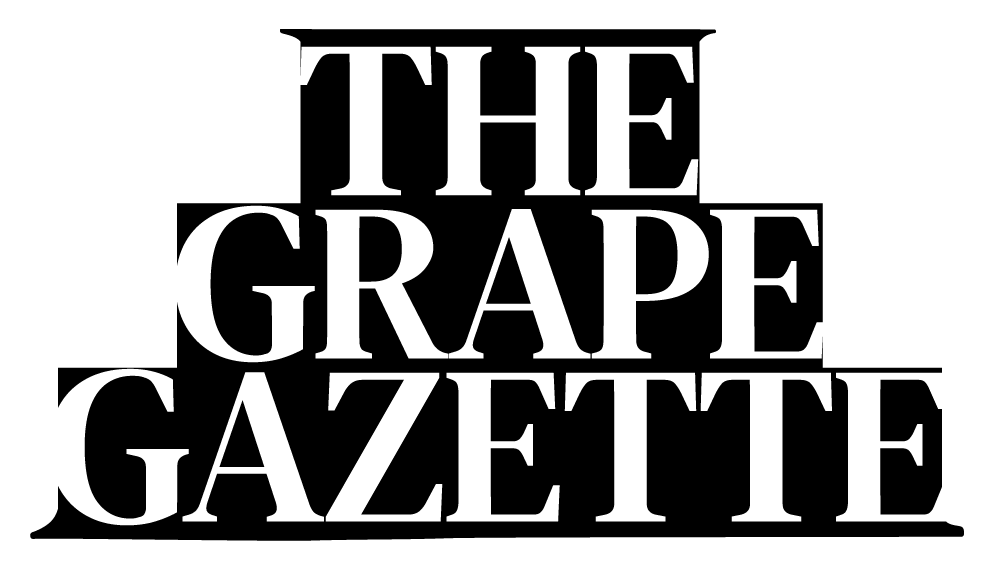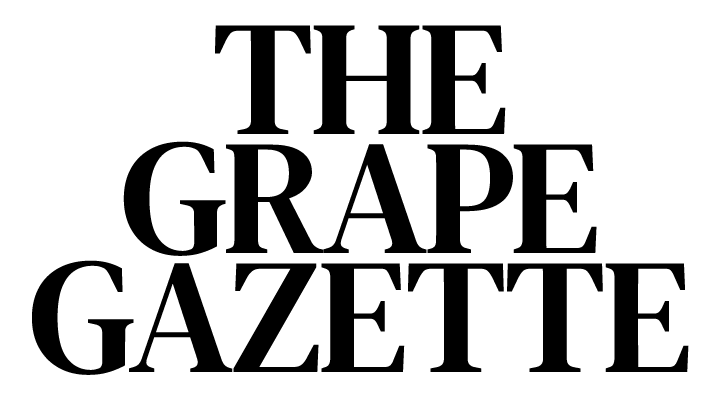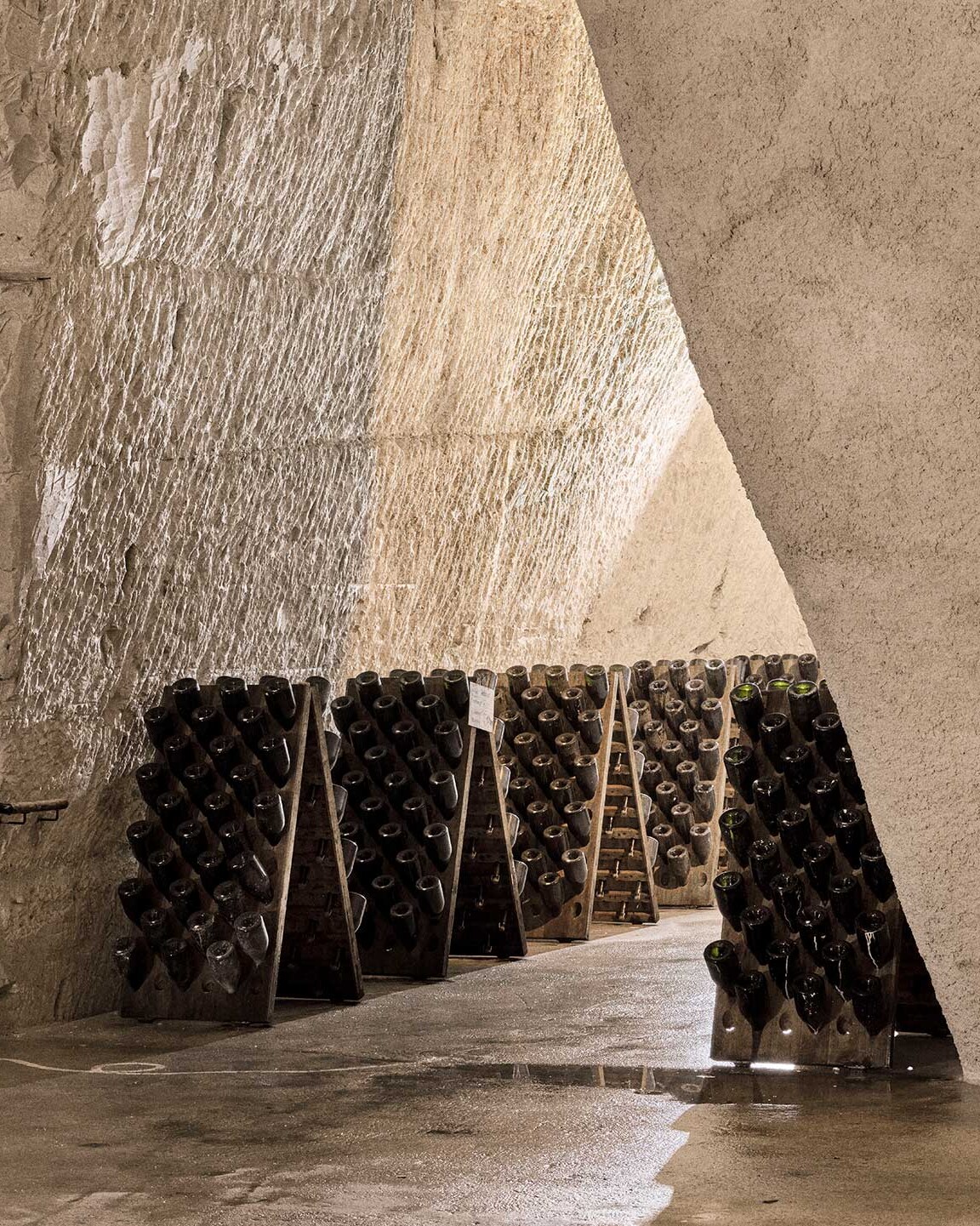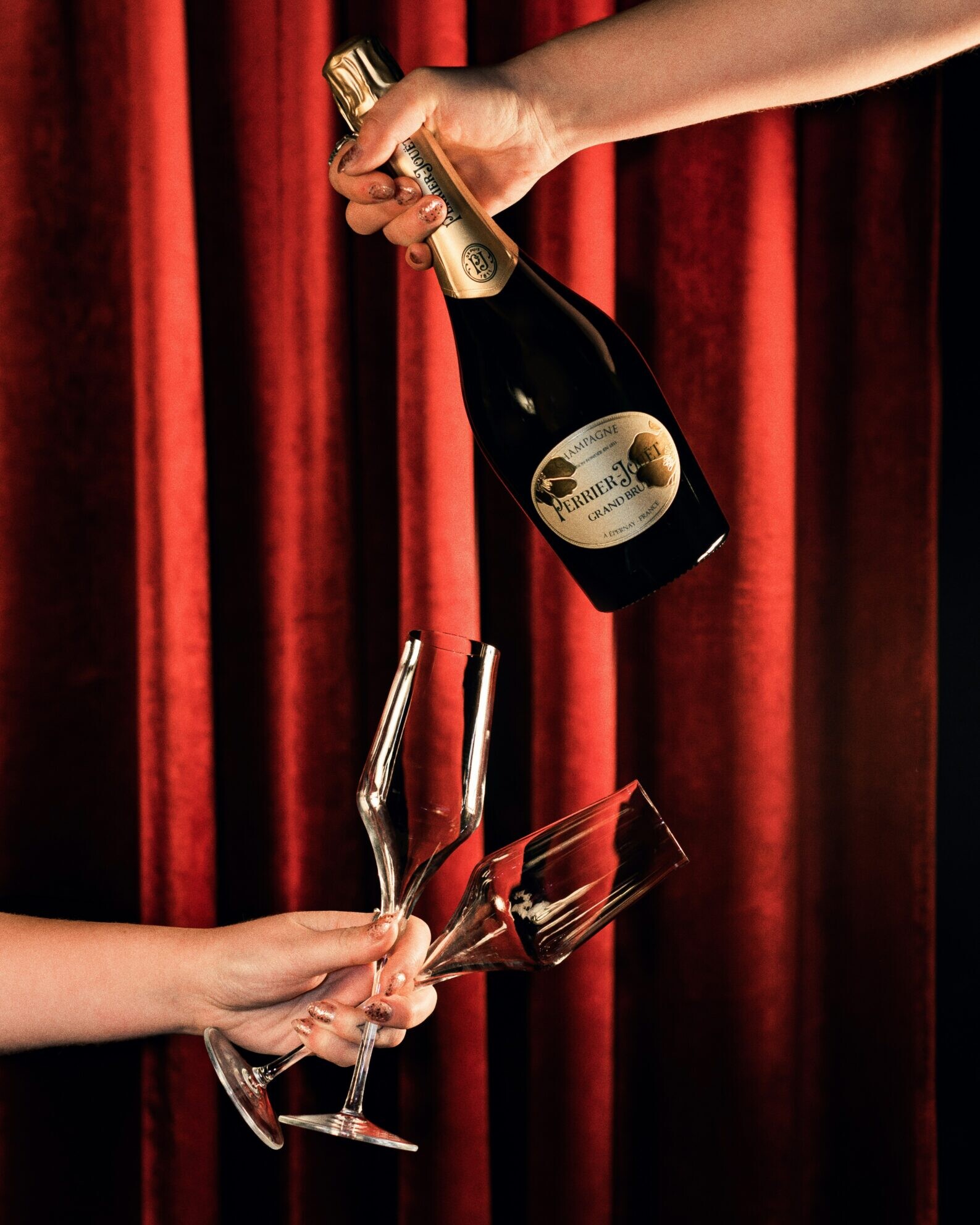Should You Decant Champagne? An Unconventional but Sensible Approach
Decanting champagne. Sounds strange, right? But hear me out. Champagne is wine – and like all fine wines, it deserves proper treatment to truly shine. While it may feel unconventional, decanting champagne, especially mature or complex bottles, can reveal hidden depths you might otherwise miss.
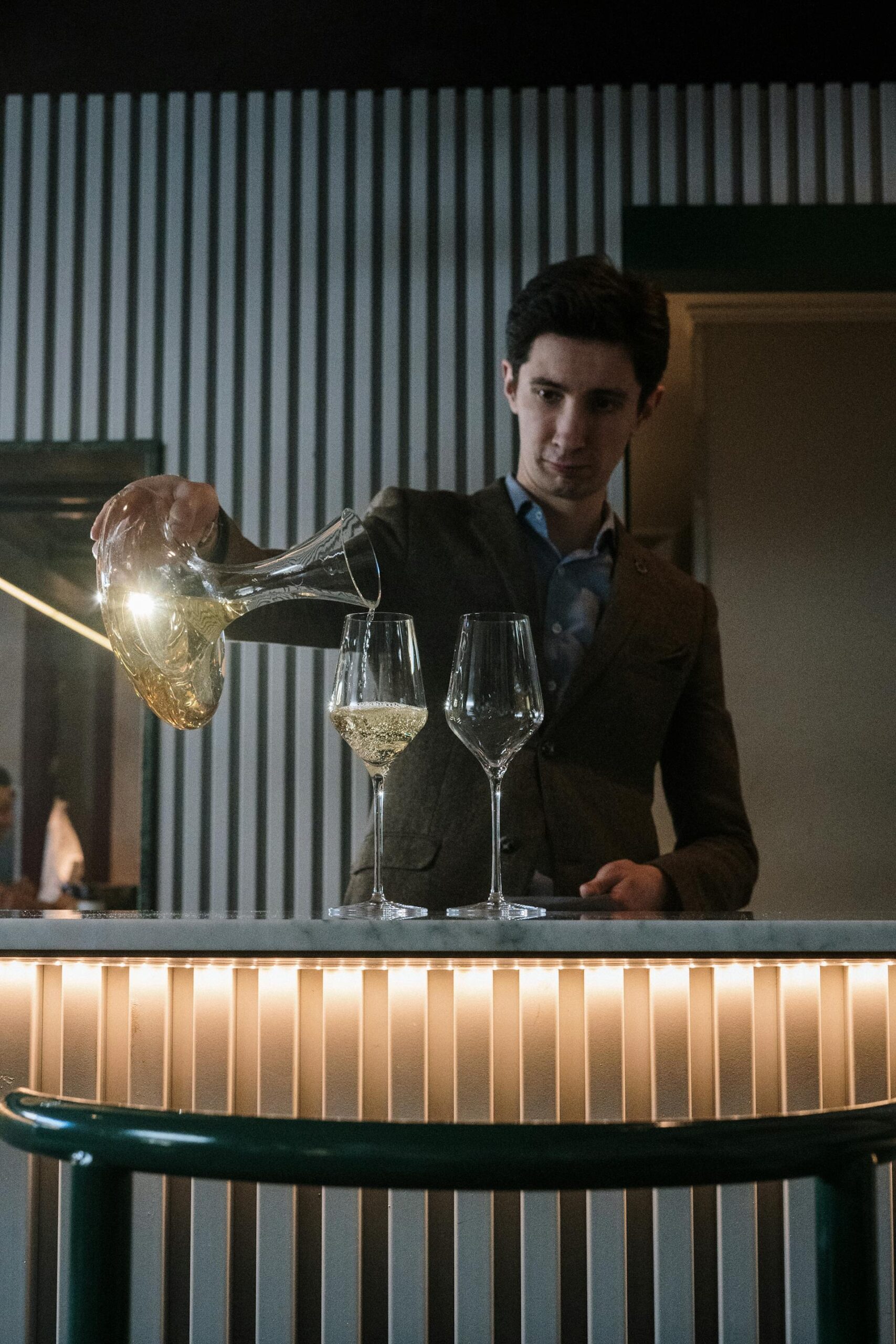
Why Decanting Champagne Can Transform the Experience
We often think of champagne as all about the bubbles, but there’s more to it. Decanting champagne allows oxygen to interact with the wine, helping to unlock aromas and flavours that have been locked away during years of ageing. This is particularly useful for vintage bottles or high-end cuvées.
You lose some fizz, yes, but what you gain is a more expressive, nuanced wine. In essence, you’re allowing the champagne to breathe and show its full personality.
How to Decant Champagne Without Losing the Bubbles
- Choose the Right Champagne: Stick to premium vintage champagnes or complex grower options. Fresh, younger bottles are best served straight from the bottle.
- Use a Decanter with a Narrow Neck: This helps preserve the bubbles while letting oxygen do its magic.
- Pour Gently: Tilt both the bottle and the decanter to prevent excess fizz from escaping.
Pro tip: Serve immediately after decanting to maintain the champagne’s sparkle.
When Should You Consider Decanting Champagne?
A special occasion or dinner party is the ideal time to try this. Decanting a mature blanc de blancs alongside creamy dishes like risotto or roasted chicken elevates the whole experience. It’s also a great way to impress your guests and spark a lively discussion about wine.
